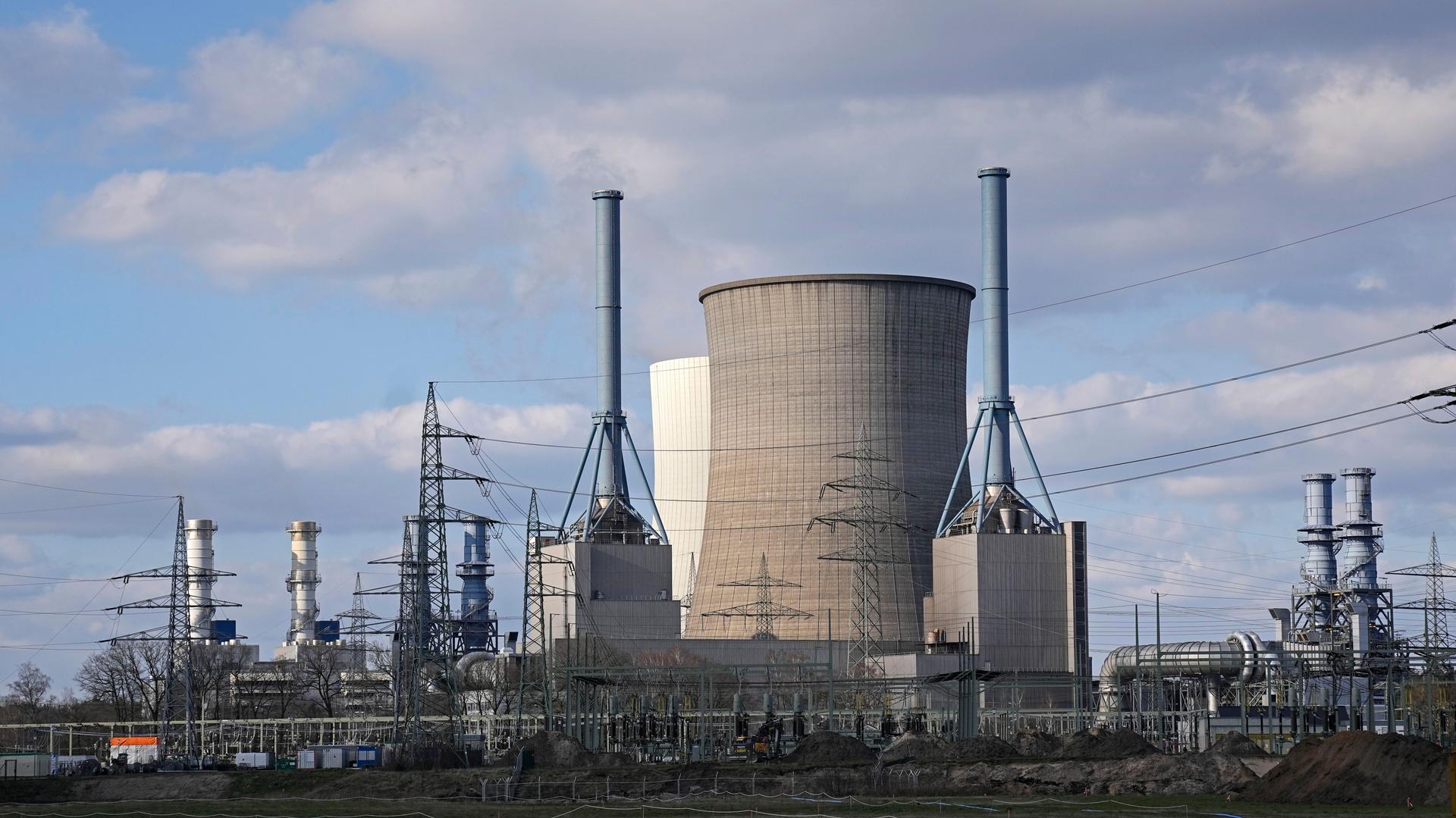Climate activist and writer Bill McKibben has proposed the US rapidly manufacture electric heat pumps and send them to European homes as a way to permanently weaken Vladimir Putin’s oil-and gas-fueled war machine, while simultaneously fighting climate change.
Nearly half of Russia’s federal budget comes from oil and gas revenue, and the European Union, which imports roughly 40% of its gas from Russia, is its biggest customer.
This means that, despite the powerful sanctions the EU has placed on Russia since the invasion, those very same EU countries are basically bankrolling the war they are trying to stop.
But the obvious dangers of depending so heavily on Russia for its energy needs may be pushing the EU to change course. The EU recently unveiled a plan to cut Russian gas imports by two-thirds this year and to eliminate imports entirely by 2027.
To help speed that phase-out, the Biden White House is reportedly considering a plan to use the Defense Production Act to rapidly manufacture and send electric heat pumps to Europe, where many homes are currently heated by gas from Russia.
Bill McKibben, co-founder of the organizations 350.org and Third Act, first proposed his idea to make “heat pumps for peace and freedom” in an article on Substack.
“[D]eployed in sufficient number across Europe, [heat pumps] would rob Vladimir Putin of his longtime weapon: the threat to turn off the gas supply to Western Europe.”
A heat pump is “wonderful technology,” McKibben says, “because it’s able to produce heat with far, far less emissions than if you were running the gas furnace or the oil furnace in the basement. It runs off electricity, which means that the cleaner you get the grid, the cleaner the emissions result. And in the case of the current war in the Ukraine, it’s particularly significant because, deployed in sufficient number across Europe, it would rob Vladimir Putin of his longtime weapon: the threat to turn off the gas supply to Western Europe.”
Related: New gas pipeline drives wedge between Germany and its allies
The EU also announced that it plans to rely entirely on renewables for its energy needs by 2035.
“Obviously, this moment is a remarkable reminder of all the reasons why we should be quickly making that switch,” McKibben points out. “Not just in order to save the planet’s climate, though that would certainly be nice, but also because Vladimir Putin, or anyone like him, can’t embargo the sun, they can’t put a stop to the wind.”
“[A]ll of us are lit by the sun and washed by the wind, so in a world that runs off renewable energy, no one gets unearned power simply because of where they happen to be sitting.”
Fossil fuels favor the people who happen to sit atop the few deposits of coal, gas and oil that are scattered around the planet, which is why they appeal to autocrats like Putin, McKibben says. But “all of us are lit by the sun and washed by the wind, so in a world that runs off renewable energy, no one gets unearned power simply because of where they happen to be sitting.”
Related: How one Danish energy company went from black to green in 10 years
Every president since the Korean War has used the Defense Production Act for some reason, McKibben points out. Presidents Trump and Biden both used it to speed up vaccine production, for example.
“Really, what we’re talking about here is going back to what the US did before the Second World War,” McKibben says. “You’ll recall that before Pearl Harbor was bombed, but while the war in Europe had begun to rage, the US did something called Lend-Lease, where they sent vast quantities of matériel, food and other supplies across the Atlantic in ships. And that really was crucial to sustaining the British for a year or two until Pearl Harbor and America entering the war. That’s what we should be doing again, on that scale.”
Government officials McKibben has spoken with believe rapid development of a heat pump program is possible. They say big companies like Carrier and Trane have spare capacity that would allow them to quickly scale up production.
“Talking about the course of the next six months for getting a lot of these installed is not crazy,” McKibben says. “[H]eat pumps, insulation — whatever we can think of that will help reduce the power of Vladimir Putin’s energy weapon.”
“We were fools to let that weapon stay in place as long as it has,” McKibben insists. “Western Europe was complacent. And, of course, the usual combination of inertia and toxic vested interest was enough to ensure that he had the playing field he wanted. We should take that away from him.”
Related: At NATO summit, Trump calls Germany a ‘captive’ of Russia
A competing push is coming from many members of Congress to ramp up domestic oil and gas production, an idea that always gains a certain amount of traction in Washington, McKibben notes, because “the fossil fuel industry owns one of our two political parties and has intimidated the other one.”
“And so you see even climate stalwarts like John Kerry in the last week or two reverting to ‘all of the above’ energy language,” he adds. “That’s why this is such an important moment. If we just use it to decide to double down on the status quo, then we will have missed an extraordinary opportunity to help Ukraine, to help the climate, to help our economy, to help the future.”
This article is based on an interview by Bobby Bascomb that aired on Living on Earth from PRX.
Our coverage reaches millions each week, but only a small fraction of listeners contribute to sustain our program. We still need 224 more people to donate $100 or $10/monthly to unlock our $67,000 match. Will you help us get there today?
